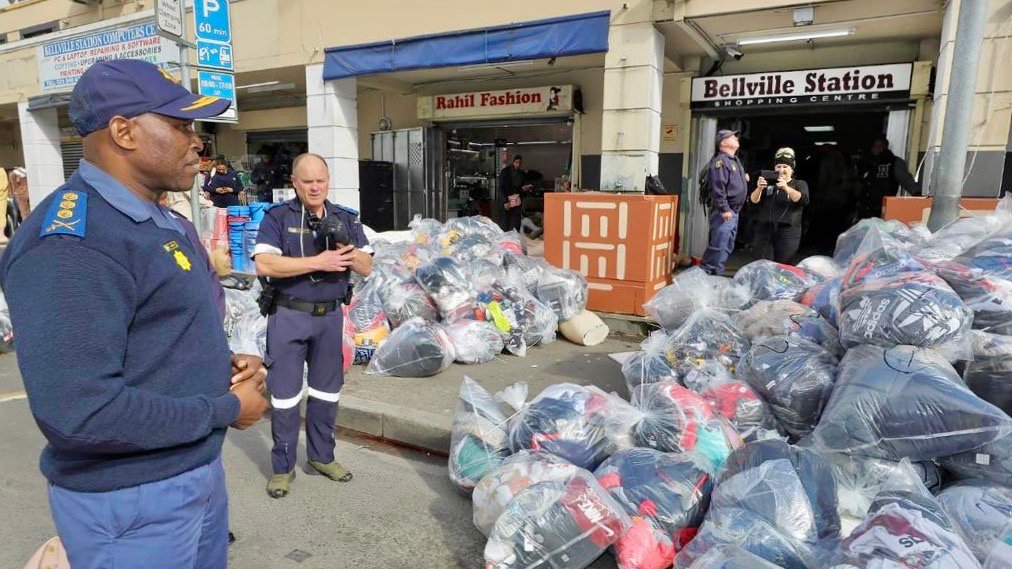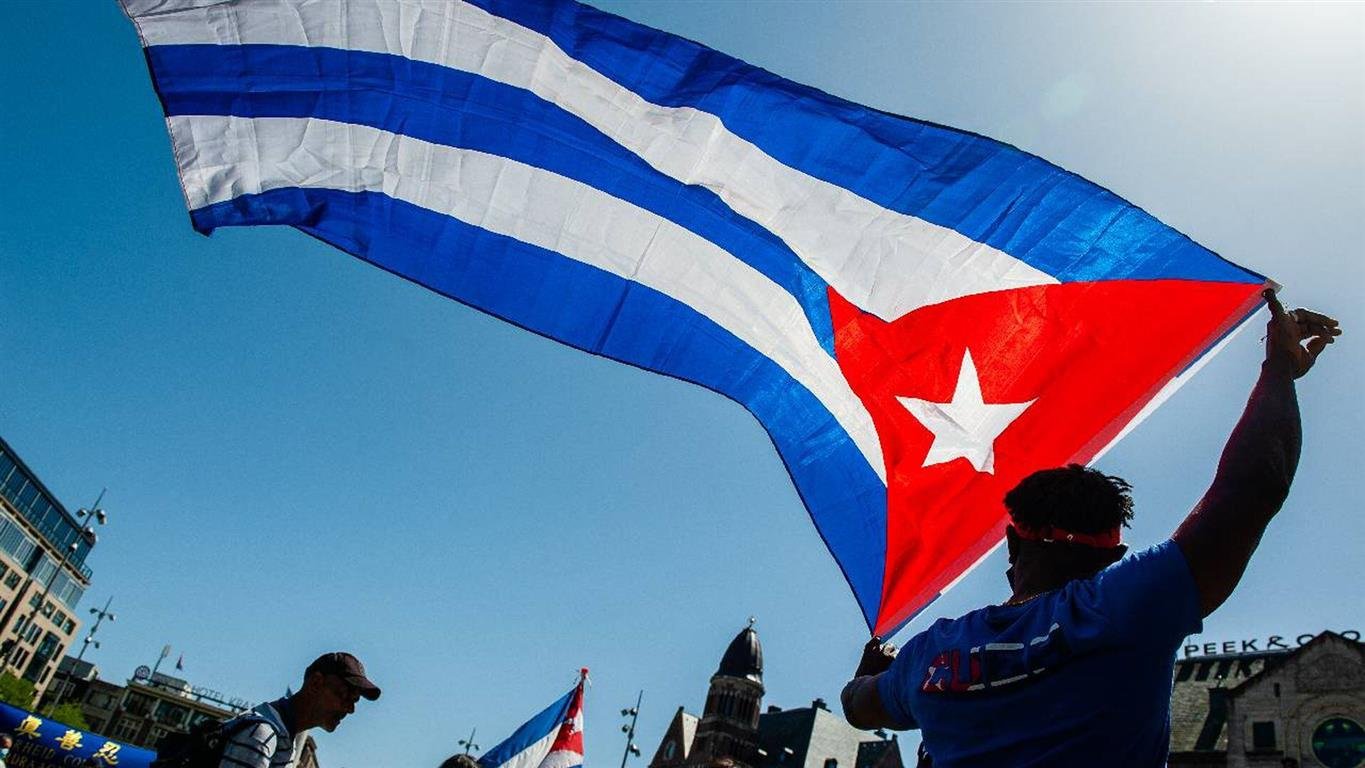As it stands, thousands of restaurants are still struggling to recover from the devastating economic effects of the lockdown and are on the brink of closure.
David Morobe, the spokesperson for The Sukuma Fund and executive general manager of impact investing at Business Partners Limited, explained that this is why The Sukuma Fund – administered by Business Partners Limited – has partnered with FEDHASA (the Federated Hospitality Association of Southern Africa) to ensure that the local restaurant industry can be assisted in a meaningful way, and continue to save much-needed jobs in the sector.
Thanks to further charitable donations and some repayments by Sukuma beneficiaries, The Sukuma Fund has grown by tens of millions of rand.
“In order to make the maximum impact with the remaining funds, we adapted our approach to partner with industry bodies who understand the specific challenges that their members face. We felt this was the most effective way to make a meaningful impact in helping businesses overcome Covid-19 related challenges,“ he said.
The Sukuma Fund has allocated R100m to qualifying restaurants with the aim of providing specific support in the form of rental relief and augmenting working capital where required.
“The collaboration with FEDHASA will help identify eligible restaurants that require capital to survive these challenging economic times,” Morobe said.
The funding is also available to new FEDHASA members – businesses that would otherwise qualify, but are not currently FEDHASA members, are encouraged to register as a member to become eligible to receive the financial support.
Morobe said that the programme was designed to ensure the survival of its restaurateur beneficiaries. The unsecured interest-bearing loans of between R250 000 and R1m are structured over 60 months, and will incur no interest or repayment obligations for the first 12 months.
Thereafter, interest will be raised at the prime rate with repayments set to commence from month 13.
“From what we have witnessed, the biggest challenge that struggling restaurants still face is meeting their rental payment obligations.
While the rental for many of these businesses has been reduced, it remains a major operating cost that many restaurants are still struggling to cover with current cash-flow levels.
“With that said, once their rental obligations are met, working capital requirements as needed can be considered for funding,” he said.
Morobe said that the mission of The Sukuma Fund was not only to save as many SMES as possible, but also to create an innovative and sustainable model capable of supporting SMEs through challenging times.
“Our vision was always to do more than help today – the intention was to allow Sukuma beneficiaries pay it forward so as to create a self-perpetuating cycle of support for the SME sector,” Morobe said.
He said it was extremely fulfilling to see that this fund had been able to make a difference to struggling SMEs businesses, and that these businesses were now able to move ahead and were dedicated to paying it forward.
“This is testament to the underlying principles on which the fund was developed, and should hopefully ring true for the FEDHASA collaboration,” he said.




















![Moonchild Sanelly Flaunts Her S3xxy Tattooed B00tty In A See-Through Stockings Leaves Men "H0rny" [Video]](https://zulunews.co.za/wp-content/uploads/2021/02/Moonchild-80x80.jpg)
